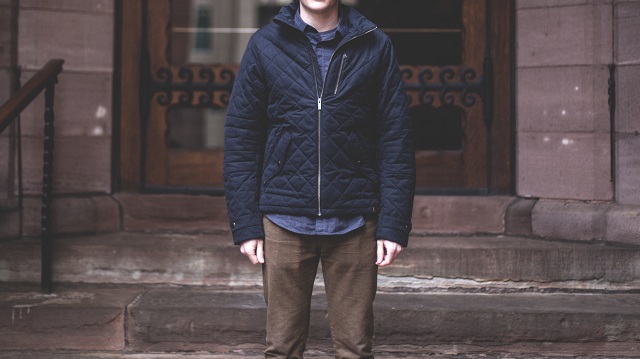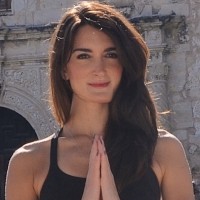When I was 11 years old, my parents divorced.
It wasn’t the divorce that was hard, but watching how it affected my father that took its toll on me.
Shortly after my parents split and my father moved out, he went missing for about six months. I was in the sixth grade—doing art projects, singing in the choir and playing percussion. My life was fairly normal; the only difference was every day after school I went home, and instead of grabbing a snack or running outside to play with my neighborhood friends, I sat by the phone.
I waited for a call or a message from my father. Months passed, and finally my mom said, “your father is not well, but he will visit soon.” He had fallen into a depression and was admitted to a hospital.
I knew he loved me and my brother. I knew he would not stay away much longer. I wanted to find him in our small hometown. I wanted to visit him and tell him we loved him. I wanted to cheer him back to life.
The days passed, and as an 11-year-old relying on a yellow school bus as my means of transportation, the best I could do was wait by the phone.
Then one day he called.
Suddenly, I felt angry. I didn’t want to see him. I wanted to do to him what he had done to me. I wanted to abandon him like he had abandoned me. I had a plan and I thought it was a great one: do unto others as others do unto you!
We made plans to go out to dinner—I will never forget, it was a Tuesday night—and I had already decided I wouldn’t answer the door when he came to pick me up.
Tuesday night came around and the doorbell rang. I looked out the window of my bedroom and saw my father waiting at the front door. The doorbell rang again.
I paused and remembered my plan. My heart was cold. I was angry. My mind said every mean thing possible, but my heart led me to the front door.
Here is where my life changed course.
I would not do to him what he did to me. I would understand his pain and love him again. My pride and anger didn’t go away, but I made a choice. I knew he would show up, and he did—it wasn’t on my time, but he showed up. And while it was okay to be angry and disappointed, he was here now and we needed each other. Call it youthful naiveté, but I knew my heart would win this battle.
I went downstairs and opened the front door. My father smiled apologetically, holding a few semi-alive wild flowers in his hand. I looked him in his sad eyes and said, “I love you with all my heart.”
Hurt people hurt people. Some of us have better tools to deal with hurt than others. Some of us have had stable upbringings or endless hours of therapy. Some of us have no coping mechanisms but to write it all out. Some of us cry it all out. Some of us choose other forms of releasing or suppressing the pain.
I tried to understand my father. I asked him a lot of questions, but, in his mysterious nature, he turned things around and asked me questions instead. I watched his tender eyes. I watched his hesitant movements. I memorized his apologetic smile.
To tell you this was the first and last time I had to forgive my father would be a lie. I forgave him many more times and sometimes I felt more hurt by forgiving than letting go.
I outgrew our relationship in my mid-20s and became more of a mother figure than a daughter. I was tired of him weaving in and out of my life on his clock, but I accepted our relationship and continued repeating the mantra forgive and love again.
In life there are no chance meetings. I had chosen him as my father to learn about love and forgiveness, and he had chosen me as his daughter to learn how to be loved and accepted—as flawed or whole as he may be.
Three years ago my father was diagnosed with stage IV lymphoma and two years ago I sat next to him in hospice holding his hand and kissing his forehead. He was uneasy during his final days. He apologized for not being a better father. I knew one thing with absoluteness: I had no regrets.
As he went on about how he should have been there for me, I said, once again, “I love you with all my heart.” As he slipped away, we were both at peace.
Author: Ashley Martinez
Image: Brandon Wilson/Unsplash
Editor: Nicole Cameron


 Share on bsky
Share on bsky





Read 0 comments and reply